AstraZeneca is acquiring Belgium-based EsoBiotec for $1 billion to expand its cell therapy capabilities, with the deal set to close in the second quarter.
AstraZeneca, the British-Swedish pharmaceutical and biotechnology joint venture, announced on Monday that it has reached an agreement to acquire EsoBiotec, according to a company press release.
The Belgium-based biotech firm has accepted AstraZeneca's $1 billion acquisition offer for its entire shareholding, with an initial payment of $425 million.
The deal is expected to be finalised in the second quarter of this year, subject to regulatory approvals and customary closing conditions.
"EsoBiotec will enhance and build upon the impact of our recent investments, representing a significant step towards realising our ambition to fully harness the potential of cell therapy," said Susan Galbraith, AstraZeneca's Executive Vice President.
Jean-Pierre Latere, CEO of EsoBiotec, stated: "We are excited to collaborate with AstraZeneca, a global leader in drug development, to advance our shared goal of delivering cost-effective, transformative cell therapies to a wider patient population. By combining our expertise and resources, we can accelerate the development of our in vivo platform, which utilises an innovative delivery technology with broad therapeutic potential."
EsoBiotec is a pioneering biotechnology company specialising in in vivo cell therapies for cancer, with early clinical studies showing promising results.
The company's Engineered NanoBody Lentiviral platform enhances the immune system's ability to combat cancer and has the potential to make cell therapy more accessible, reducing treatment times from weeks to just minutes.
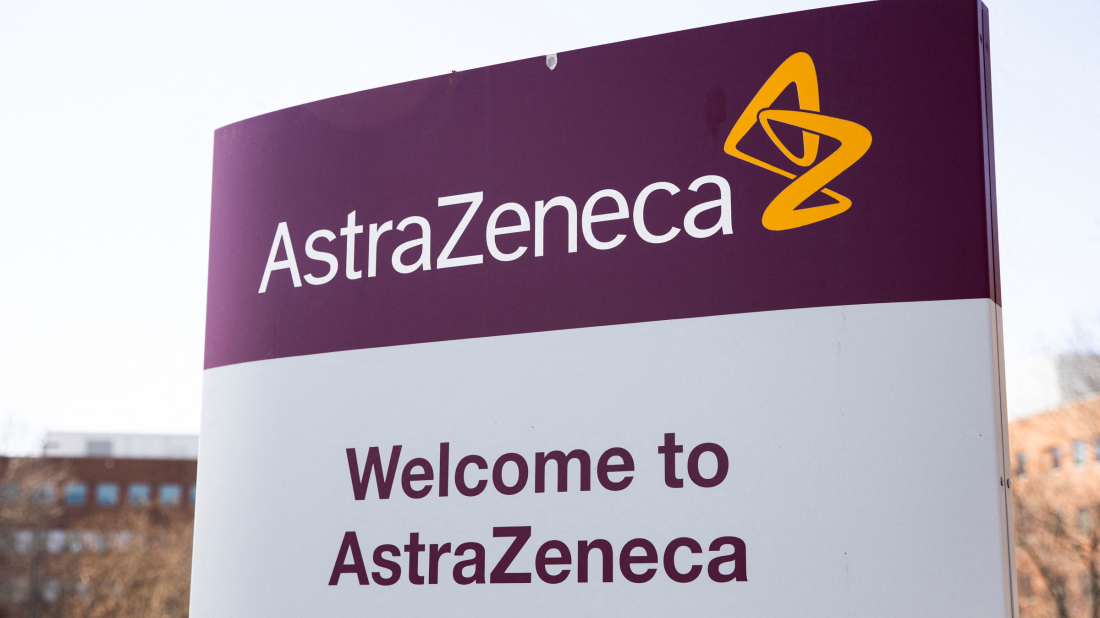
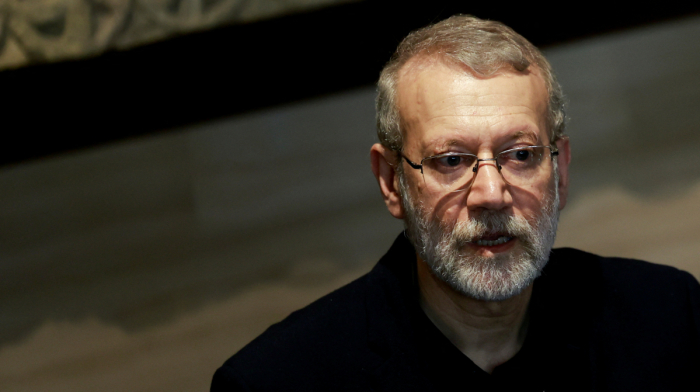
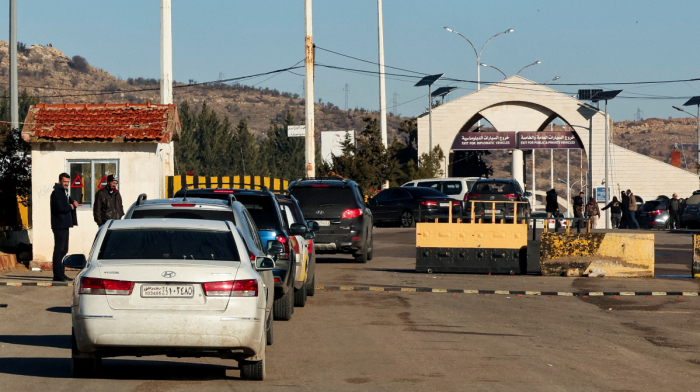




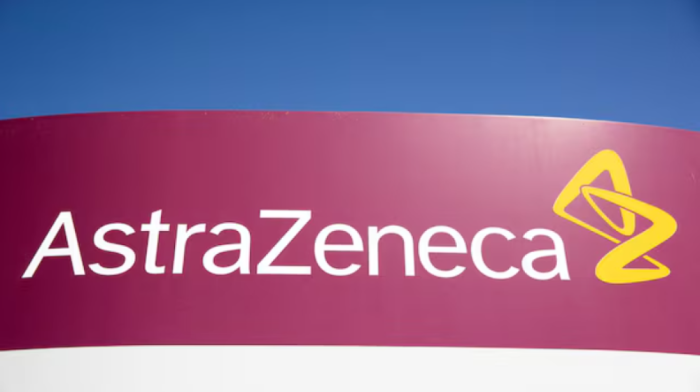
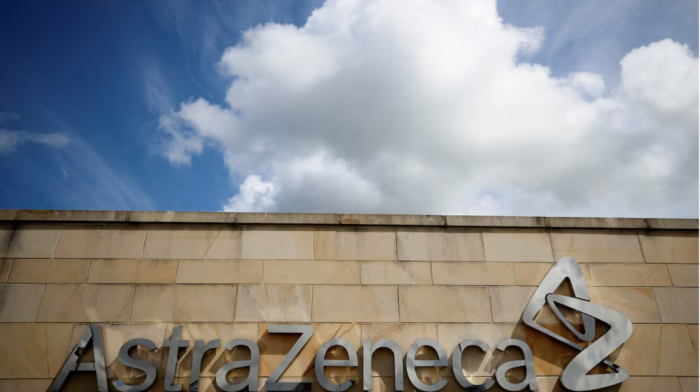







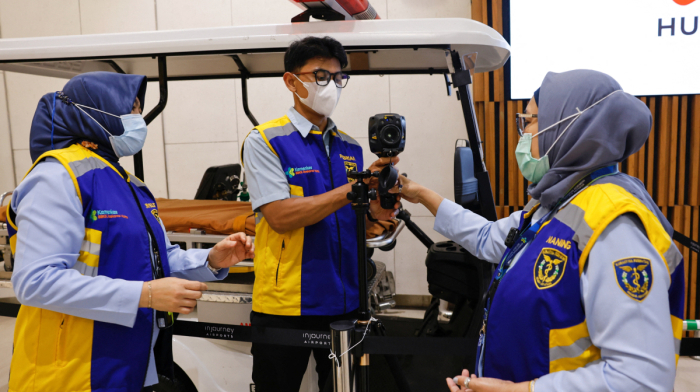





What is your opinion on this topic?
Leave the first comment